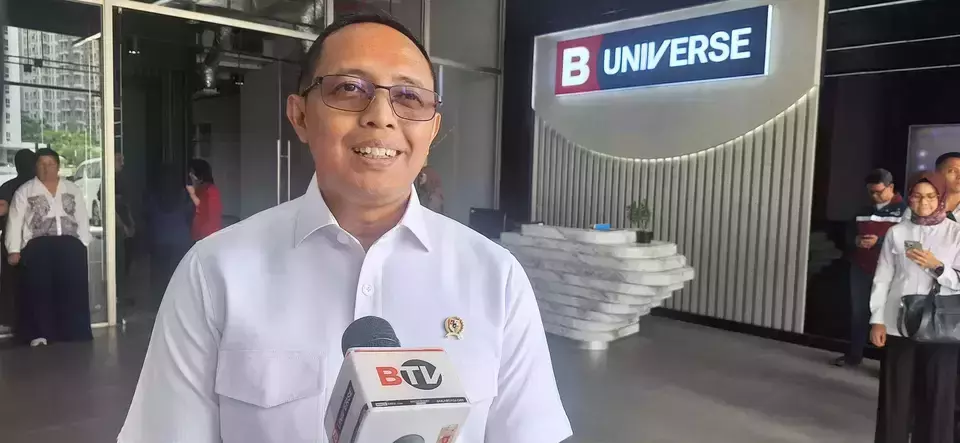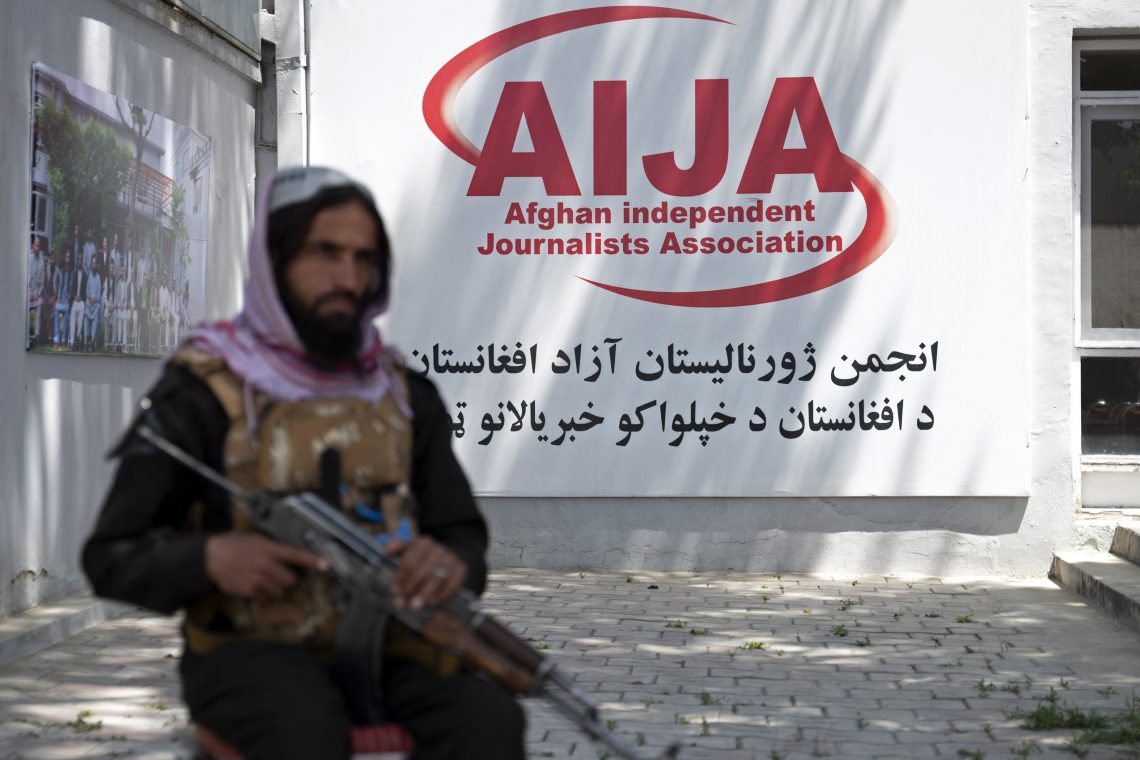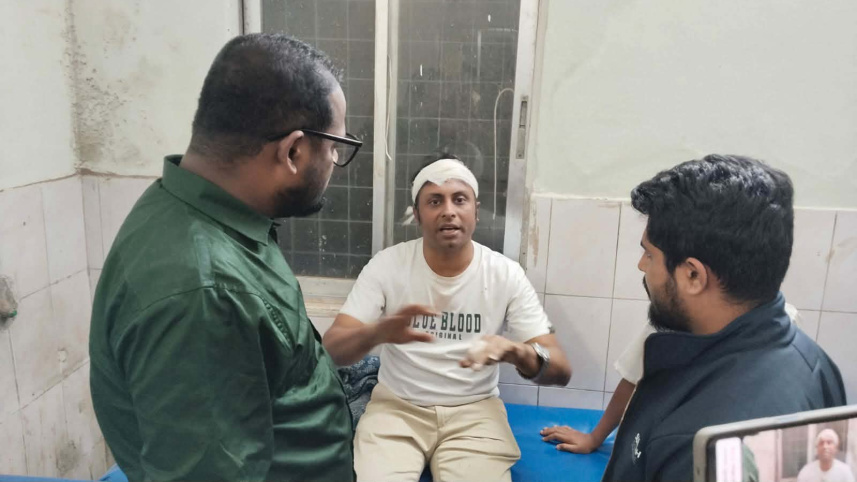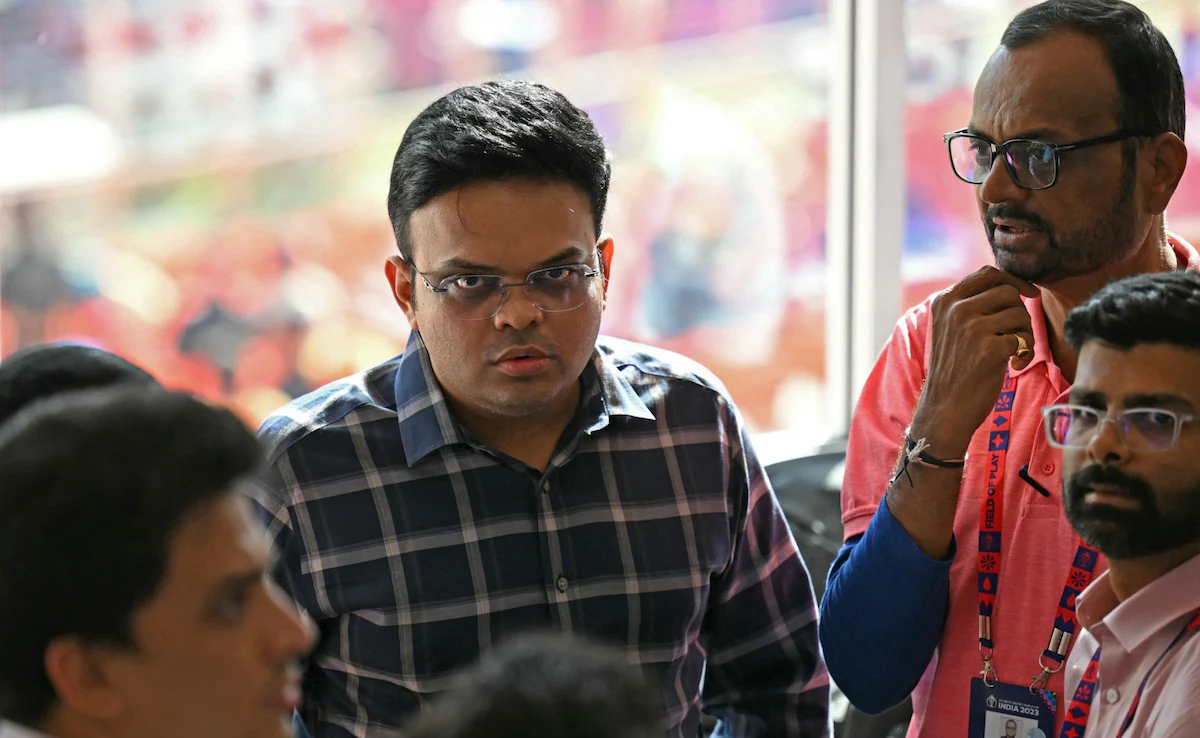
French Court Sentences Mehdi Nemmouche to Life Imprisonment for Hostage-Taking in Syria
March 21, 2025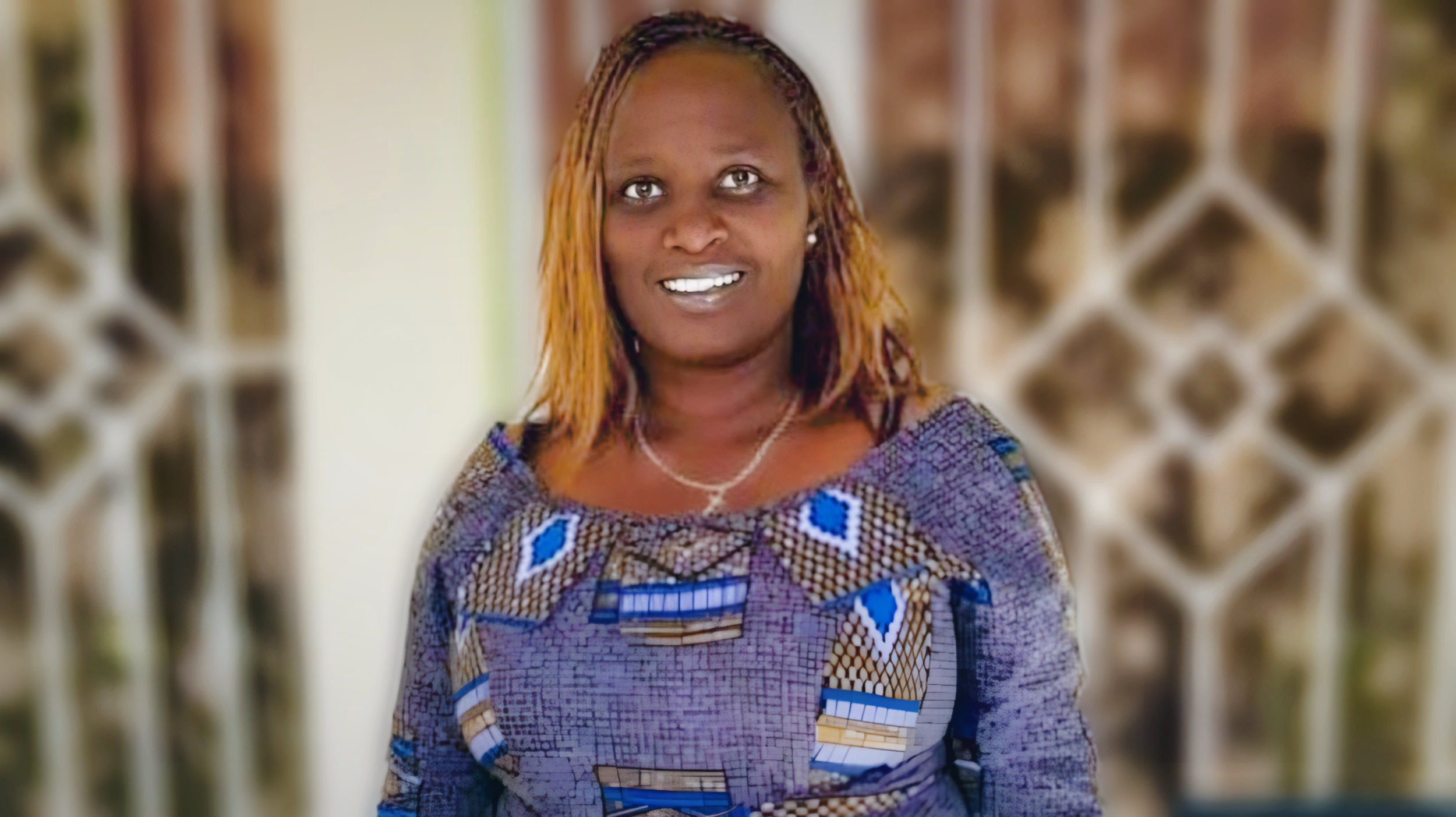
Concerns grow over detained Burundian journalist Sandra Muhoza
March 22, 2025March 22, 2025 – Indonesia –
Recent threats against journalists in Indonesia and the Philippines have sparked renewed government commitments to safeguard press freedom and protect media workers. These incidents highlight ongoing challenges faced by journalists in Southeast Asia, where intimidation and violence threaten free expression.
In Indonesia, investigative journalist Francisca “Cica” Christy Rosana of Tempo magazine became the target of a disturbing and symbolic death threat in March 2025. Rosana found a severed pig’s head and decapitated rats placed outside her office—an act loaded with cultural and religious implications in the Muslim-majority country. Alongside these threats, Rosana and her family faced doxxing and harassment, heightening concerns about journalists’ safety. The Indonesian government publicly condemned these attacks and vowed to uphold press freedom, urging law enforcement agencies to thoroughly investigate and prosecute those responsible. However, media advocates stress that these promises must translate into concrete protections and accountability to prevent further intimidation.
Meanwhile, in the Philippines, President Ferdinand Marcos Jr. announced plans to double efforts to protect journalists and ensure their safety. His administration recognizes the crucial role of the press in maintaining transparency and democratic accountability. This pledge comes amid a backdrop of persistent threats, including red-tagging—a practice of labeling journalists and activists as communists or terrorists—and physical assaults. Despite the government’s assurances, human rights groups continue to call for stronger legal frameworks and practical measures to prevent harassment and violence against journalists.
Together, these developments in Indonesia and the Philippines reflect the broader struggle for press freedom in the region. While government statements provide some reassurance, the reality on the ground remains challenging. Journalists continue to face risks for exposing corruption, human rights abuses, and other sensitive issues. The safety of media workers depends not only on political will but also on effective law enforcement, judicial independence, and a culture that values free expression.
For lasting change, governments must move beyond rhetoric to implement policies that protect journalists, promote transparency, and hold perpetrators accountable. Only then can press freedom truly thrive in Southeast Asia.
Reference –
Gov’t pledges to address threats to media workers after World Press Freedom report
https://jakartaglobe.id/news/govt-stands-by-press-freedom-after-threats-against-journalist

